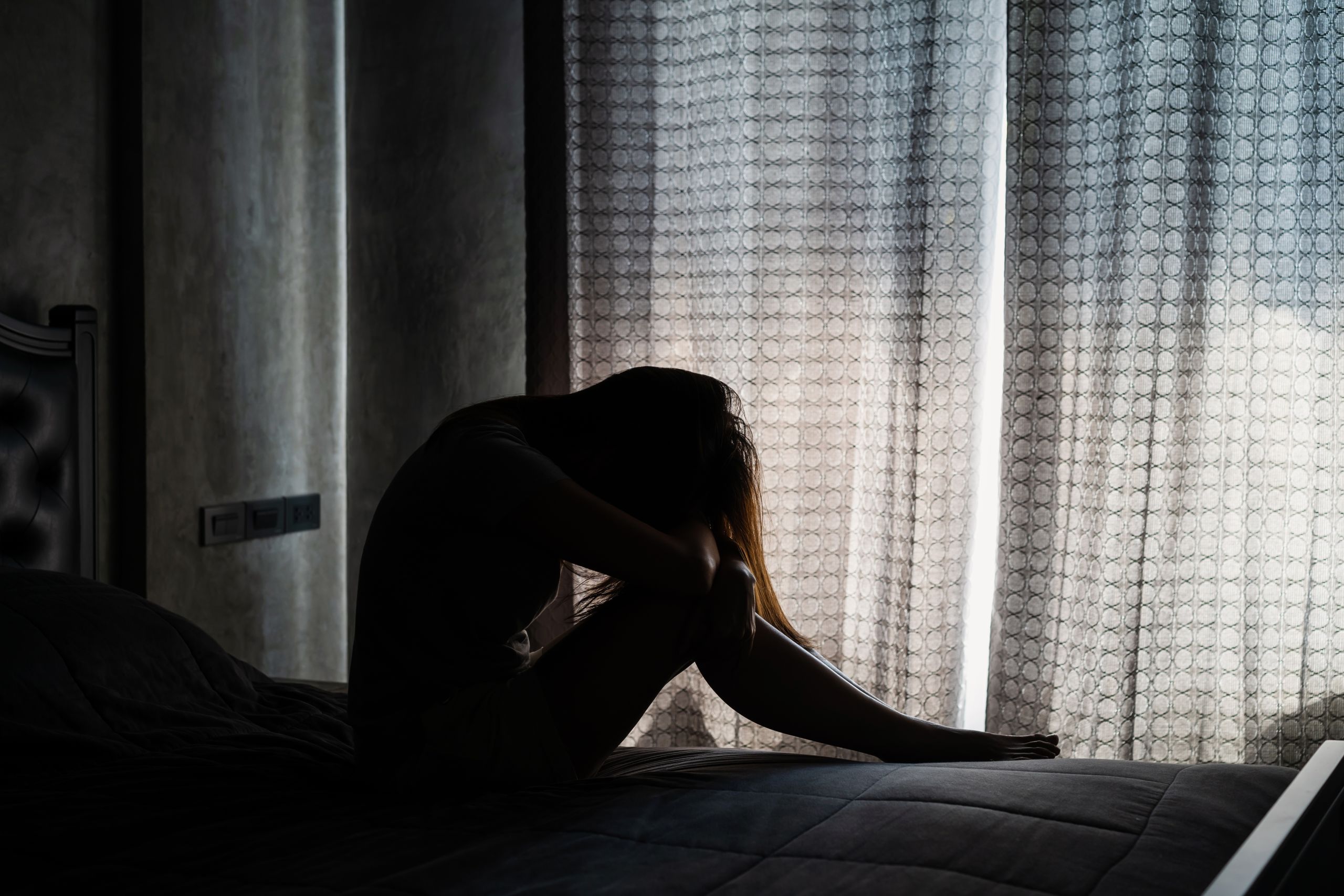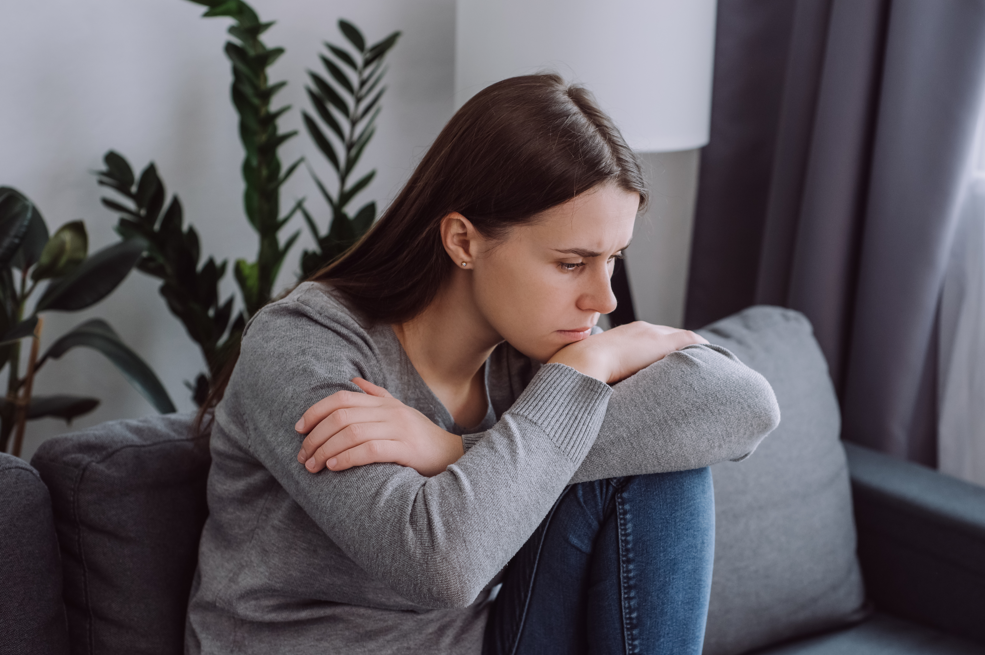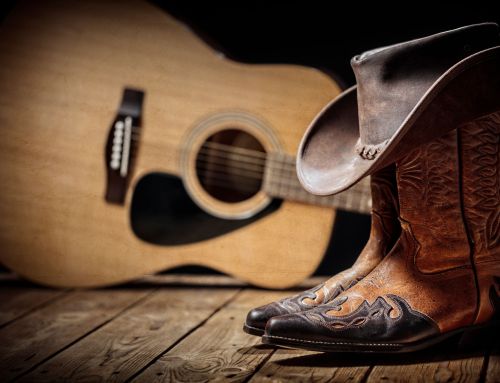
Addiction leaves a path of destruction in its wake. Anyone who has lived with a substance use disorder or who loves someone who has can tell you this. When most of us think about the damage done by addiction, we think about the damage drugs and alcohol do to the body.
We think about shattered relationships and broken trust. Legal and financial consequences, perhaps. What isn’t mentioned as often is the fact that a high-risk lifestyle increases the odds of sexual assault. This is yet one more reason to seek substance abuse treatment.
Living in active addiction increases the chances of being the victim or perpetrator of sexual assault.
Why is Addiction Associated with Sexual Assault?
The connections between addiction and sexual assault are more complex than you might suspect at first glance. Substance abuse has a way of complicating just about anything it comes in contact with, and relationships, both sexual and platonic, are no exception.
Reason 1: Addiction Breeds Dysfunctional Relationships
Addiction often accompanies other unhealthy behaviors. Even individuals who maintain healthy, loving relationships when sober can transform into different people under the influence of drugs or alcohol. These substances tend to amplify our worst tendencies by lowering inhibitions and weakening mental safeguards. Sexual assault and alcohol have long been closely associated, and drugs are no less of a risk.
When both partners in a sexual relationship struggle with addiction, they are more likely to face relationship challenges. These issues may stem from communication breakdowns, unkind behavior, or infidelity. Unfortunately, addiction doesn’t benefit relationships; it can even increase the risk of sexual assault, not only from each other but also from external sources.
Reason 2: Addiction Lifestyles Often Come with an Increased Risk of Victimization
Even if you’re a good person, generally speaking, when you are using and drinking, you are more than likely spending time around people who do the same. Drinking and getting high not only lowers people’s inhibitions but also tends to put them in desperate situations. You never know what someone else is going through.
Whether it’s desperation for drugs or money, past trauma, or something else happening in their lives — spending time with people who are drunk and high puts them at higher risk of becoming a sexual assault survivor or being a perpetrator, even if you have no past history of this type of behavior.
Reason 3: Being Drunk or High Compromises Judgement and Awareness
Becoming a survivor of sexual assault due to drugs and alcohol doesn’t just mean date rape drugs. More often than not, the person who is assaulted is under the influence of their own volition and hasn’t been slipped anything. This does not mean the survivor is to blame. No one, ever, under any circumstances, deserves to be sexually assaulted.
No manner of dress or even flirtatious behavior excuses sexual assault. Period. With that said, the reality is that being drunk or high, especially with any regularity, increases the odds of sexual assault substantially. A person who is addicted does not drink or use responsibly. They often don’t have a designated driver or a sober friend looking out for their welfare — which puts them at increased risk of sexual assault.
Developing an Addiction After a Sexual Assault.
Another aspect of addiction and sexual assault that isn’t discussed nearly enough is addictive behaviors, which develop or worsen after a sexual assault occurs. Substance abuse is perhaps the world’s #1 unhealthy coping mechanism. Many of us learn from an early age that the easiest way to escape uncomfortable feelings is to drink or get high.
Even today, movies and television shows reinforce this idea, with main characters seeking out a glass of room-temperature bourbon after a violent encounter or getting some bad news. Unfortunately, in real life, alcohol and drugs solve nothing. They provide temporary anesthesia, which nearly always worsens matters in the long run.
The reality is that while many sexual assault survivors simply want to close the door on the past and move on — there is trauma there that needs to be processed. Otherwise, the unresolved trauma will manifest itself in other, often unpredictable ways, and substance abuse is perhaps the most common. Trauma and addiction are often closely tied. Whether you are a survivor of sexual assault or know someone who may be — it is important to be aware of just how often this type of trauma can result in substance abuse.
Becoming addicted to drugs or alcohol after a sexual assault:
- Is far more common than most people realize — and there is a way out.
- Is the result of a common attempt to cope with the trauma rather than facing it.
- Is not the fault of the sexual assault survivor, who is simply trying to move on.
- Creates a two-part problem that requires dual-diagnosis treatment.
Increased Risk of Addiction in Sexual Assault Survivors
People who have experienced at least one sexual assault are 13 times more likely to abuse alcohol and 26 times more likely to abuse drugs. Those are some pretty staggering numbers. While the way we handle sexual assault has improved in recent years, there is still a tremendous amount of stigma and anxiety that prevents sexual assault survivors from reporting the crime.
It’s believed that as few as 1 out of 3 of those who experience sexual assault ever report it. Many people wait years before opening up and telling someone the truth about their sexual assault experience. Admitting you are the survivor of an assault can be one of the most difficult things you ever do.
But, it can also be one of the most liberating in the long run. If you have a substance use disorder and you survived sexual assault, processing your trauma should be an integral part of your recovery process. Otherwise, you leave yourself significantly more vulnerable to relapse.
Some relevant sexual assault statistics:
- Only about 310 out of every 1,000 sexual assaults are reported to the police.
- Sexual assault survivors are 3 times more likely to suffer from depression.
- SA survivors are 26 times more likely to abuse drugs than the general public.
- Drugged drinks and date rape continue to be a serious threat.
It’s Never Too Soon or Too Late to Ask for Help
This is perhaps the most important point of all. If you or the one you love is grappling with addiction and sexual assault is not a part of their story — now is the time to act. If you or your loved one survived sexual assault and have been using substances to cope with the pain of everyday living —- there is a way out.
You are not as stuck in place as you may imagine. Hundreds of thousands have been where you are now, believe it or not, and they found their way out. You can, too. All it takes is the willingness to ask for help and accept it.
Overcome Sexual Assault Trauma and Addiction at NJRC
The people at North Jersey Recovery Center are passionate about helping people resolve their trauma and conquer their addiction one day at a time. We help build an enduring recovery that can stand the test of time. But it all begins with willingness. You must make the first move to get the help you or your loved one deserves.
You or the person you love deserve the best help they can get. That’s NJRC.
Let’s talk about what we can do for you and your family today. (877) 790-5873






